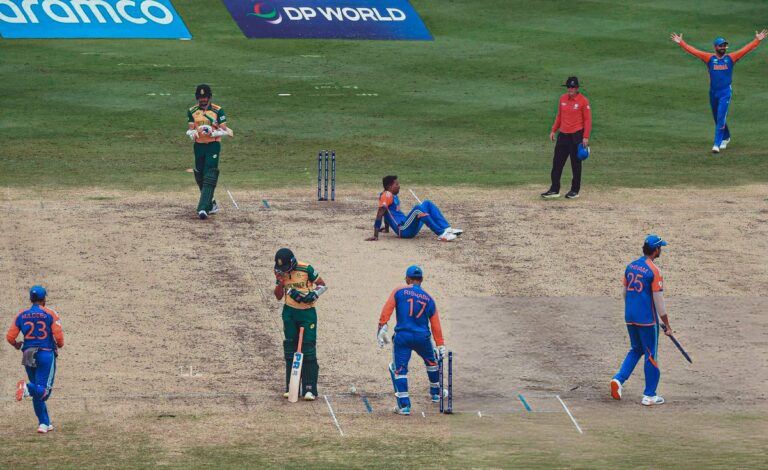The Significance of Cricket in Post-Colonial Societies
11xplay, 11xplay Pro: Cricket has a long history in post-colonial societies, dating back to the British Empire’s rule in countries like India, Pakistan, and the West Indies. Introduced by British colonizers as a leisure activity, cricket quickly took root and became entrenched in the social fabric of these nations. The sport’s popularity transcended colonial boundaries, and it became a unifying force that brought together people from diverse backgrounds.
Over time, cricket evolved from a pastime enjoyed by the elite to a sport embraced by the masses. It became a symbol of national pride and identity, helping post-colonial societies carve out their place on the global stage. The game’s rich history and traditions have been passed down through generations, shaping how cricket is played and perceived in these countries. Today, cricket holds a special place in the hearts of millions, serving as a reminder of the shared history and resilience of post-colonial societies.
Cricket as a Symbol of Resistance and Identity
Throughout history, cricket has often served as a powerful symbol of resistance and identity in post-colonial societies. In countries where the sport was once imposed by colonial powers, cricket has been intricately woven into the fabric of national identity, serving as a reminder of past struggles for independence. The game is not merely a form of entertainment but a tool for communities to assert their cultural autonomy and preserve their heritage.
Cricket has the remarkable ability to unite individuals from diverse backgrounds under a common cause, fostering a sense of national pride and solidarity. Players and fans alike find a sense of belonging and purpose in the game, transcending social, economic, and political divides. In moments of triumph and defeat on the cricket field, communities come together to celebrate their shared history and aspirations, reinforcing their collective identity and resilience in the face of adversity.
The Role of Cricket in Nation Building
Cricket has long been celebrated for its ability to unify diverse populations under a shared love for the sport. In many post-colonial societies, cricket has played a pivotal role in fostering a sense of national pride and unity. The sport transcends social, economic, and cultural boundaries, serving as a common ground where individuals from all walks of life can come together to support their national team.
One of the key ways in which cricket contributes to nation building is through the promotion of a shared national identity. When a country’s cricket team achieves success on the international stage, it not only brings glory to the nation but also instills a sense of pride and belonging among its citizens. The victories and defeats of the national team are felt collectively, creating a strong emotional bond that unites people across regional, linguistic, and cultural differences.






